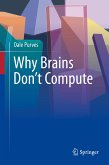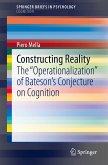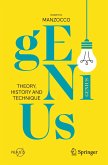This book is centered around a theoretical framework of the Intentional Stance, initially proposed by Daniel Dennett, and addresses the timely question: How do we, humans, approach robots? Do we see them as intentional agents that can potentially become our social companions? Or do we rather approach them as tools, man-made artifacts? What does it take for a robot to make an impression that it is an intentional/social agent? Is it its appearance? Its behaviour? Or, perhaps (and quite likely), the way it interacts with the human? These questions are addressed across various chapters of book, each of which is then complemented by an inspiring conversation with one of the prominent academics and scholars: Daniel Dennett (Philosophy) - the originator of the concept of the Intentional Stance; Hiroshi Ishiguro (Robotics) - the creator of androids, David Gunkel (Robot-Ethics), Bertram Malle (Cognitive Science), Antonio Sgorbissa (Culturally-competent Social Robotics), Bill Vorn (Robotic Art).
The book discusses also some important ethical considerations to be made, and risks to be aware of. Do we actually want to create robots that are treated as intentional agents? What if the line between the human/robot categories becomes blurred? As intentional agents, should robots become also moral agents and legal persons in our societal and legal systems?
Dieser Download kann aus rechtlichen Gründen nur mit Rechnungsadresse in A, B, BG, CY, CZ, D, DK, EW, E, FIN, F, GR, HR, H, IRL, I, LT, L, LR, M, NL, PL, P, R, S, SLO, SK ausgeliefert werden.









